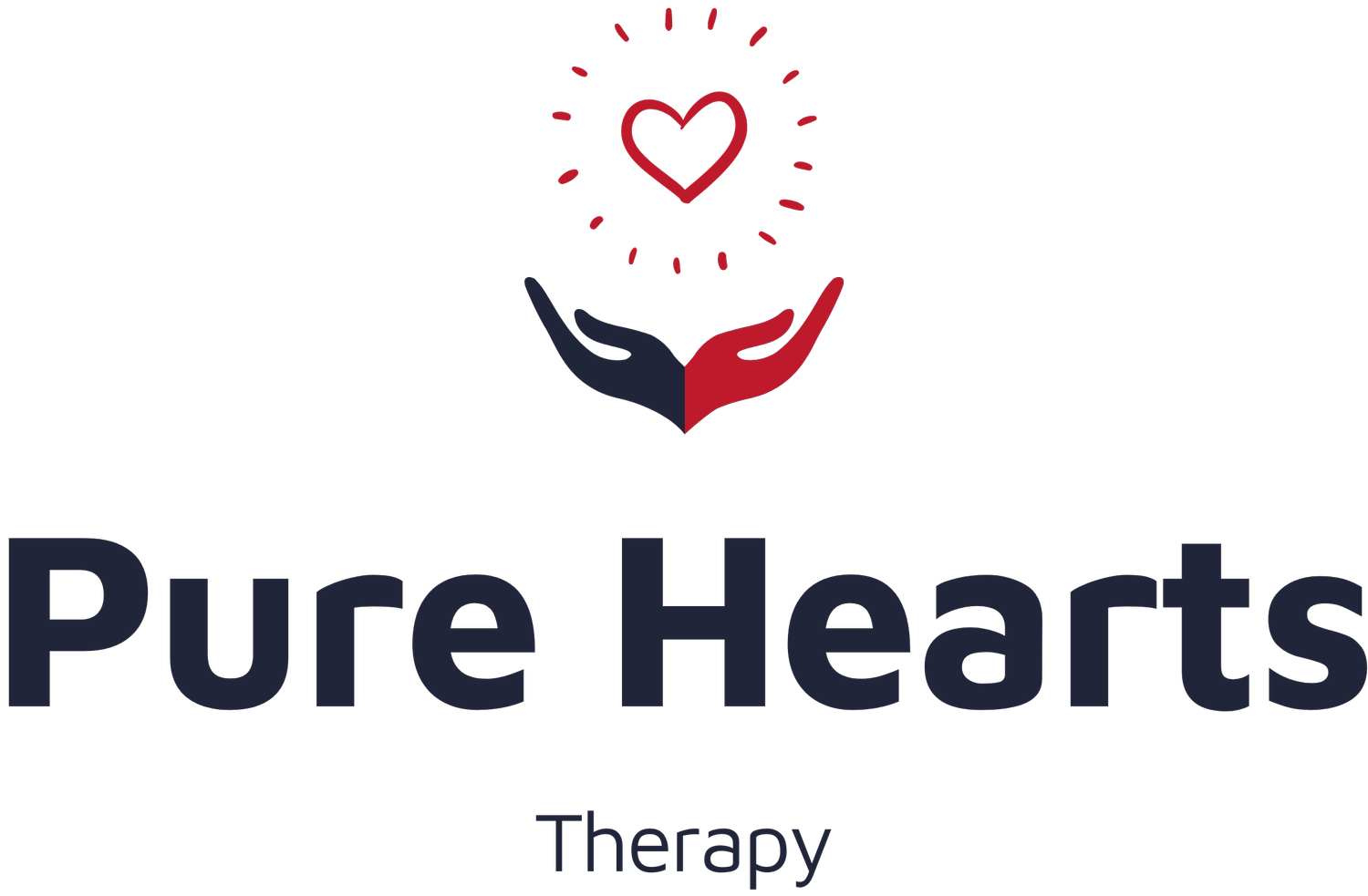Beyond DTT: Exploring the Early Start Denver Model
Welcome back to the Autism Family Resource Podcast! In today’s episode, we’re joined by Will Martin, a board-certified behavior analyst from Soar Autism Center, who is reshaping autism care with a whole-family approach focused on early intervention and collaborative support.
Soar Autism Center offers specialized Early Start Denver Model (ESDM) therapy for young children with autism in the Phoenix and Denver metro areas. If you’re navigating the world of autism therapies, this episode dives deep into the unique benefits of ESDM and how it goes beyond traditional ABA (Applied Behavior Analysis) techniques.
What is the Early Start Denver Model (ESDM)?
Choosing the right therapy for a child with autism can be overwhelming. ESDM might be a great fit for families seeking a play-based, child-led intervention. Rather than using rewards that are unrelated to the activity, ESDM therapists focus on integrating learning into something the child already enjoys. This way, kids are intrinsically motivated—learning new skills naturally in a setting that’s fun and engaging for them.
"The idea is if the child is sufficiently motivated and they like that activity, they can learn all the skills that a child might need to learn within that play-based context." – Will Martin
How Does ESDM Differ from Discrete Trial Training (DTT)?
DTT, or Discrete Trial Training, is a more traditional form of ABA that uses repetition in controlled settings, often with external rewards. For example, a child might practice writing their name multiple times at a table, then receive an unrelated reward like iPad time. While this approach can be effective, ESDM takes a different path by aligning therapy with the child’s interests, making learning a part of the activity itself.
Finding the Right ABA Provider
When considering an ABA provider, it’s essential to explore each provider’s unique approach and values. Think about your own goals for your family and how they align with the provider’s methodology. Don’t hesitate to ask those tough, crucial questions—after all, you’re selecting the right team to support your child’s growth and development.
Red Flags to Watch For
If you’re uncertain whether ABA therapy is the right fit for your child, keep an eye out for some key indicators that an assessment might be helpful:
Communication challenges
Difficult behaviors, like aggression or self-injury
Difficulty engaging with others in play
Embracing Neurodiversity in Care
A neurodiversity-affirming approach prioritizes understanding the child’s needs and values. In communication, for example, ESDM doesn’t favor spoken words over other forms like sign language or iPad-based selections. This inclusive mindset respects each child’s unique communication style.
"Whatever this child is comfortable with and is most effective for them, is the modality that we might move forward with." – Will Martin
About Soar Autism Center
Soar Autism Center primarily serves children ages 2 to 5, preparing them for school and beyond. They accept Medicaid and most commercial insurance, and their intake team helps guide families through this process. With multiple locations in the Denver and Phoenix areas, Soar ensures families can access a center close to home.
What Happens After the Assessment?
"We try to get a really comprehensive picture of this child's developmental profile." – Will Martin
After an initial assessment, Soar’s team—including a BCBA, speech-language pathologist, and occupational therapist—works together to create a tailored plan. Some children participate in intensive therapy sessions that last 5 to 6 hours per day and may even include speech therapy, occupational therapy, and nap time. Therapy is always balanced with both family values and clinical recommendations.
Lean On Your Community
Choosing a therapy provider is an important step on your family’s autism journey. Don’t be afraid to ask questions, seek clarity, and advocate for what feels right. The Autism Family Resource Podcast is here to support you with insights and empowering stories each week. Tune in to the full episode for more on the Early Start Denver Model and how it can support your family’s unique path.
Stay tuned for more resources and uplifting stories to help you and your family thrive. Subscribe today!
Soar Autism Center
Subscribe Now and Leave a Review
Apple Podcasts, Spotify, Google Podcast, & Stitcher
Visit our Website:
Follow Us:
